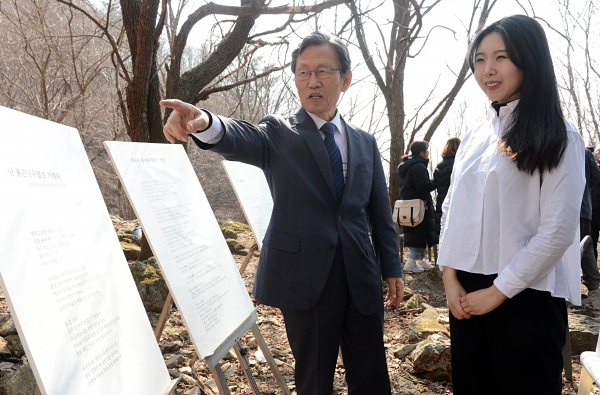In 1978, at the age of 45, I finally achieved my doctorate in theology and secured a professorship. The moment was filled with an indescribable sense of elation. It was the culmination of years of relentless effort and perseverance. Studying and teaching theology wasn't merely a profession; it was the very essence of my existence.
The path of theological studies was far from easy. It required mastering several modern and ancient languages, and the doctoral program alone consumed five grueling years. This journey demanded more than just intellectual prowess; it was a challenge that necessitated physical endurance and financial stability. Despite the hurdles, I persevered, and at last, I found myself in a position to impart the knowledge I had so painstakingly acquired.
Life, however, has a way of defying our expectations. The reality I encountered upon becoming a professor differed somewhat from what I had envisioned. Teaching undergraduates the depth of my years of intensive study occasionally felt like a mere exercise in hand-raising. There were limitations to conveying the full breadth of accumulated knowledge.
What pained me even more was the stark reality that very few students showed genuine interest in delving deep into Old Testament studies, my area of expertise. While students flocked to fields promising practical and quick results, the discipline I had devoted my life to seemed increasingly overlooked. This realization brought with it a profound sense of disillusionment.
In retrospect, however, I've come to recognize that these experiences were integral parts of my life's journey. We may not always immediately apply everything we've learned, but that doesn't render it meaningless. Rather, this knowledge and experience quietly mature within us, destined to shine at unexpected moments.
What we're learning now might seem futile at present, but we mustn't give up. This knowledge will undoubtedly enrich our lives someday. The key is to maintain an unwavering attitude of continuous learning and growth. That's the true meaning of life and the secret to living a worthwhile existence.
The path of theological studies was far from easy. It required mastering several modern and ancient languages, and the doctoral program alone consumed five grueling years. This journey demanded more than just intellectual prowess; it was a challenge that necessitated physical endurance and financial stability. Despite the hurdles, I persevered, and at last, I found myself in a position to impart the knowledge I had so painstakingly acquired.
Life, however, has a way of defying our expectations. The reality I encountered upon becoming a professor differed somewhat from what I had envisioned. Teaching undergraduates the depth of my years of intensive study occasionally felt like a mere exercise in hand-raising. There were limitations to conveying the full breadth of accumulated knowledge.
What pained me even more was the stark reality that very few students showed genuine interest in delving deep into Old Testament studies, my area of expertise. While students flocked to fields promising practical and quick results, the discipline I had devoted my life to seemed increasingly overlooked. This realization brought with it a profound sense of disillusionment.
In retrospect, however, I've come to recognize that these experiences were integral parts of my life's journey. We may not always immediately apply everything we've learned, but that doesn't render it meaningless. Rather, this knowledge and experience quietly mature within us, destined to shine at unexpected moments.
What we're learning now might seem futile at present, but we mustn't give up. This knowledge will undoubtedly enrich our lives someday. The key is to maintain an unwavering attitude of continuous learning and growth. That's the true meaning of life and the secret to living a worthwhile existence.

